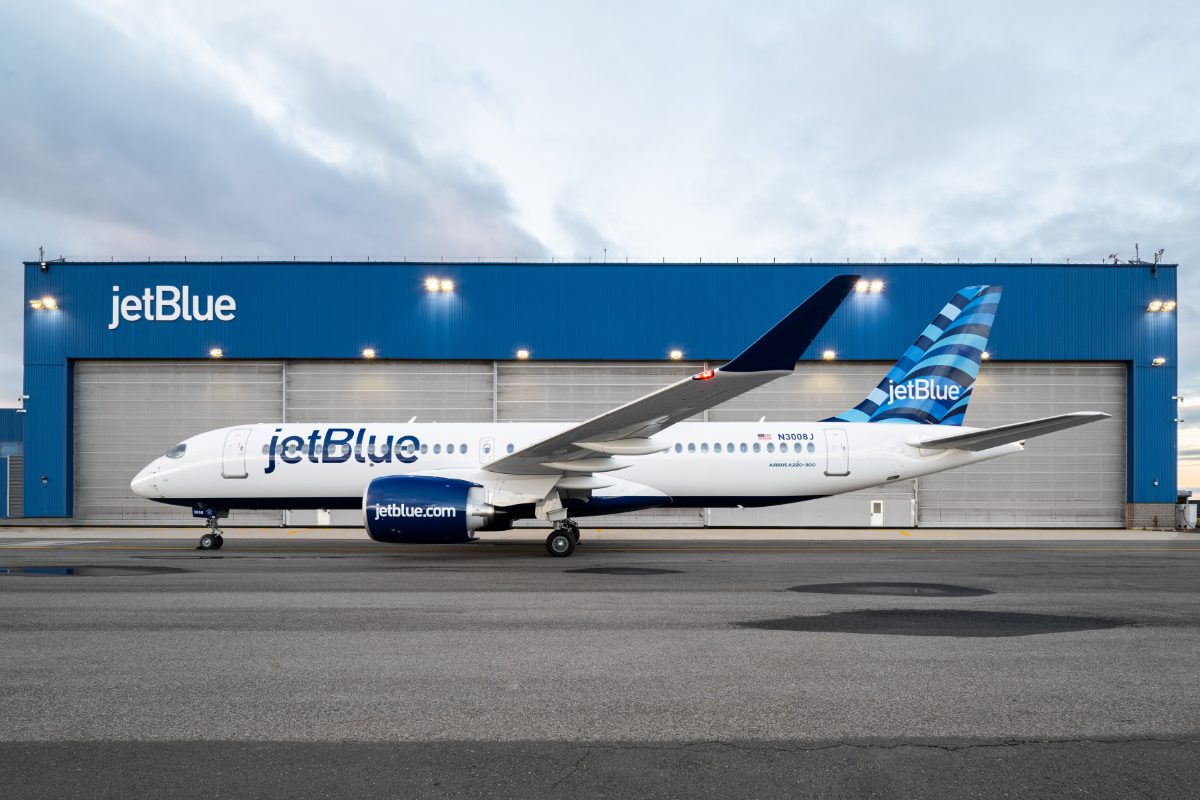Is Pizza Delivery as We Know It Over?
Skift Take
Today, Papa John’s officially announced a deal with delivery service DoorDash to deliver pizza at 1,400 locations as briefly noted in the company’s fourth quarter earnings report in February.
Last month, Grubhub said it was piloting Pizza Hut delivery at some of its stores, working to expand to “several hundred” locations over the next few months. Pizza Hut was the lone holdout of the February 2018 Grubhub and Yum Brands partnership that named Grubhub the chain’s exclusive delivery partner. At the time of the deal, Pizza Hut U.S. President Artie Starrs joined Grubhub’s board as then-Chief Operating Officer Stan Chia said he looked forward to learning from a large-scale food delivery pioneer.
A focus on delivery obviously isn’t a strategy shift for any pizza chain, but the reliance on third-party services to power the process is new business from a segment that’s proudly and traditionally relied on proprietary systems to power pick up and delivery orders. While Pizza Hut will continue to use its own drivers to deliver orders placed via Grubhub, DoorDash's fleet of "dashers" will deliver all Papa John's orders placed via the service.
With these partnerships also comes reliance on new delivery technology. Often, a chain’s commitment to a delivery partner extends beyond consumer-facing order placement and delivery to include the technology that powers the order. According to a DoorDash representative, Papa John's will use its own technology, though DoorDash is integrated into the restaurant's point of sale system, a hallmark of larger-scale delivery partnerships.
Both DoorDash and Grubhub have white label technology to lend to restaurants, powering online and mobile orders within restaurant-branded mobile applications. (For example, Yum Brands’ KFC app was built by Grubhub.) It’s these partnerships that make the third-party delivery technology indispensable to large chain restaurants, creating reliance on outside tech to keep up in the crowded by important delivery game.




